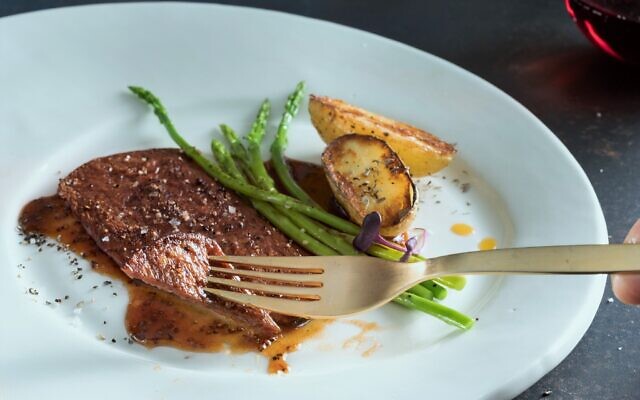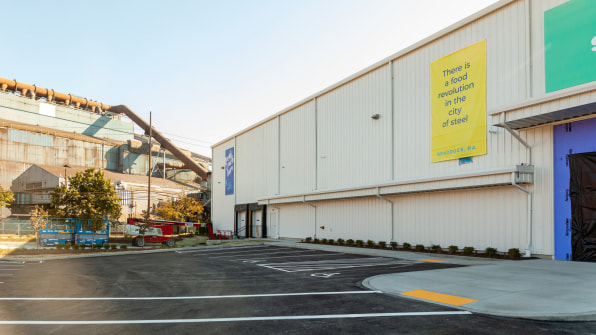Speciality Food Magazine
 More farms across the UK are choosing eco-friendly farming, with land going through the two-year conversion period to organic rising by 34% in 2021.
More farms across the UK are choosing eco-friendly farming, with land going through the two-year conversion period to organic rising by 34% in 2021.
According to Soil Association, a growing number of farmers are converting to organic as nature-friendly farming increasingly meets consumer demand and offers resilience.
Data released by Defra revealed that land going through the two-year conversion period to organic rose by 34% in 2021 compared to the previous year. UK organic land also rose by 3.6% last year, following a rise of 0.8% in 2020.
This rise in organic farming is expected to continue in 2022 after the government announced in February that they would pay up to double the previous rates to farmers in England who convert to organic.
The new Country Stewardship rates will be going up by 50%, with converting permanent improved grassland and top fruit to organic increasing to £150 per hectare.
Conversion to organic rotational land, horticulture and unimproved grassland will also receive around 50% more than before, with new rates ranging from £76 to £602 per hectare.
Organic Farmers and Growers CEO Roger Kerr was unsurprised by the increase in conversions, explaining, “There is a strong appetite from farmers to shift to more agroecological practices and the opportunity for organic and the premium gained for certified produce is clearly attractive.”
Growing consumer demand
Sophie Kirk, business development manager for Soil Association, told Speciality Food, “It is encouraging to see that the latest statistics show confidence in organic farming is on the rise in the UK. Our farming sector has dealt with many shocks over the last few years but opportunities for sustainable farming remain strong with rising consumer demand and government support for organic.
“It is clear both government and shoppers are waking up to the benefits organic can deliver for nature and the environment, and these latest figures show that, with the right incentives, nature and climate friendly farming can grow rapidly.”
Consumer interest in organic produce has grown over the past few years, with the UK organic market breaking the £3 billion mark for the first time ever in 2021 – growing by 23% from 2019 to 2021, and significantly out-performing non-organic sales.
Maddie Grinham, brand manager at Mr Organic, explained, “For independent retailers, increasing Organic options in-store is a key way of attracting and retaining shoppers looking to make healthier choices. As consumers are looking for greater visibility on where their food is coming from and seeking to support local, independent retailers over supermarket chains, organic is a way for independent retailers to offer higher quality, better-tasting products with more transparency and attract existing organic shoppers, which on average have a higher basket spend.
Shoppers are feeling more and more responsibility to shop sustainably, and switching to Organic is a very simple way to reduce their individual impact. Stocking Organic options is therefore a way for retailers to meet their environmental objectives and signal their sustainability credentials to consumers. As supermarkets place more importance on expanding organic ranges and cultivating their own-brand organic lines, we can expect a trickle-down effect in independent retail to focus on the provenance, quality and sustainability of organic.”
James Woodward, sustainable farming officer at Sustain, added, “The rise in people buying organic produce is likely down to our ever-increasing interest – and concern – in climate change and the disastrous loss of nature we’re experiencing. Through certification, people can have confidence that organic farmers are aiming to work with nature and the environment.”
Rising to the challenge
As customer support increases and the effects of Brexit are felt across the nation, the pressure is on to meet demand through British grown produce. This means the food system will need to adapt and change, according to James.
He explained, “Organic farming is one crucial way of aiming for a healthier farmed environment and the increase in farmers converting to organic is good news for farming and the environment. The practices, tools and research those organic farmers bring to the wider sector is important in sharing knowledge and supporting farmers more generally in climate and nature-friendly farming approaches.



